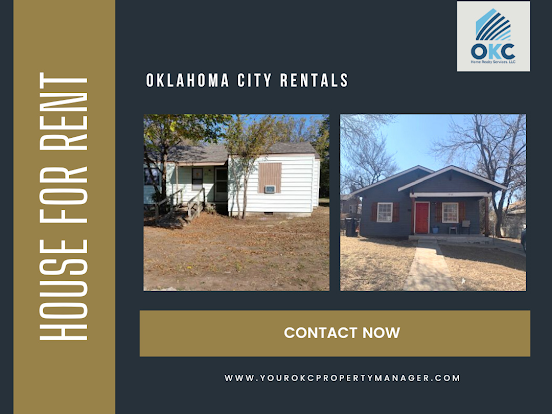How To Rent Your House In 2022?
Building Codes and Safety/General Compliance
Before performing cosmetic changes or updates, you must confirm that your home is up to code and safe. Both state and native governments have a group of building codes in situ. These codes set minimum safety standards for housing conditions and are mandatory for landlords to abide by. reckoning on where your property is found, these codes may cover maintenance, sanitation, electrical, ventilation, and fire safety. Do your research on your local and state regulations and make updates that are needed.
After this, the best way for you to ensure that your home is up to code is to schedule an inspection along with your local plant department. ensuring your property is rental-ready and up to code can prevent thousands in compliance fines must you skip this step.
Renovations and Upgrades
After you’re finished ensuring your home is up to code, you'll be able to progress to creating renovations and upgrades. The pandemic changed the way that folks board their homes. Many office workers have switched to performing at home, permanently. Consider transforming a spare bedroom into a functional office space by installing shelving or a desk nook to draw in renters. If you've got access to fiber-optic internet in your area, consider having it installed, as well. Fast internet has proven to be vital to at-home workers.
Conducting research and Setting Rent Terms
When your home is ready for residents, you'll begin the leasing process. But before that, you’ll conduct some research and determine how you ought to be setting your rental prices. First, you ought to evaluate different neighborhoods in your area. Identify how your neighborhood compares.
You can also observe rental websites and see how other property owners are listing their rental properties. Many landlords charge tenants a percentage of their home’s market price. during this case, rents typically land between .8% and 1.1% of the home’s overall value.
Preparing Your House for Showings
When getting your house ready for showings, just consider it this way: the company’s coming over. Clean your house from top to bottom. Dust, vacuum, mop, wipe down counters and clean off appliances. Next, you must stage your home. While you'll be able to certainly show the house destitute of furniture, you would like prospective tenants to be ready to picture themselves living in your house. the best thanks to do this is to assist them to visualize what the house appears like furnished and styled.
Use your house showing as a chance to urge to understand your applicants a touch better. Keep a record of who you’ve toured through your single-family rental and keep a watch out for red flags.
Know Your Rights (And Theirs Too)
Once you’ve picked your perfect resident, you'll be able to begin developing your lease. First, however, you ought to familiarize yourself with local, state, and national landlord and tenant laws. Landlord-tenant laws exist so as to safeguard both renters and landlords. These laws dictate the ways in which landlords and tenants can interact, what rights both parties hold, and what both parties are obligated to try to do. for instance, every landlord has the proper to charge a deposit. However, the way in which landlords hold that money depends on the state and native laws.
Developing Your Lease
A lease, or rental agreement, sets up expectations for your tenants and informs them of all of your property’s rules. Make your lease highly detailed so as to avoid any misunderstandings or conflicts in the future. Your lease can either be a fixed-term lease (a lease with a group end date) or a month-to-month lease, which automatically renews until either the tenant or landlord decides to finish the rental agreement. Many online resources exist to assist you to draft a lease, otherwise, you can hire a true estate attorney to assist you thru the method. Every lease should include some basic information including:
- Landlord’s name and get in touch with information
- The address of the house
- All tenant names and makes contact with information
- A list of included appliances at the house
- All utilities and services provided by the owner
- All utilities and services the tenant is required to get
- Circumstances within which the tenant or landlord can terminate the lease early
- The rental amount, due date, and payment method
- Tenant parking information
- Permissions in an exceedingly Lease Agreement
And if you’re inquisitive about hiring a property management company to help in renting and managing your house, you'll start here.







Comments
Post a Comment